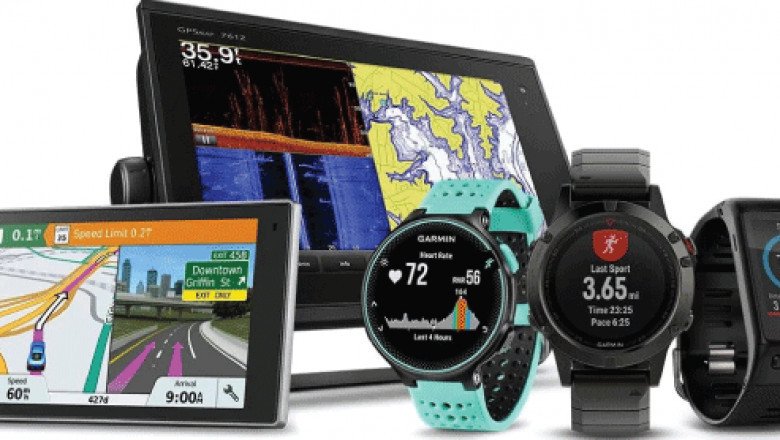
views
GPS - Global Positioning System - Javatpoint
In a number of movies or real-life incidents, we hear that a person's position was tracked by the police. Also, in our smartphones, there is a feature named G.P.S., which many applications often ask to keep open while using. G.P.S. doesn't end up here; G.P.S. systems are everywhere as you can find them there in your car, your wristwatch. Why is so? What is a G.P.S.? How does it work? In this discussion, we are going to get all these answers.
The G.P.S. abbreviation of Global Positioning System is a satellite-based navigation system created with the help of at least 24 satellites which is expanded into six earth-centred orbits, four satellites in each orbit. No matter where you are or what weather it is, a global positioning system works 24 hours a day without any subscription or purchase, and there is no money charged for G.P.S. service.
G.P.S. helps us know where we are going or the velocity or time. Whereas we only need three satellites to know the location, the fourth satellite is used to know the location of all those three satellites and the 4th satellite automatically moves when the previous three satellites move but in 3-dimensions so that we can calculate the exact altitude of the device in which G.P.S. is used.
The United States government is the original owner of the global Positioning Systems. The G.P.S. Service does not ask for any data or need any data transactions; it works over simple internet or only by telephonic connections. G.PS also provides timely information to the users. Sometimes the areas like mountains or hills may have weak G.P.S. services as only geological positions can be identified here.
The U.S. Department of Defense firstly created the G.P.S. to help the Army in 1973. But in 1980, they permit civilians to use this service after, in 1983 a huge mistake in identifying the position was made up by Korean Airways. It caused a huge accident in which nearby 269 passengers was killed, including Larry MC Donald, a United States representative.
But in 1990, the service of the Global Positioning System was weakened by the U.S. president, as converting it into "selective Ability", but later in 2000, then-President Bill Clinton signed a bill which discontinued this.
In 1999, the Indian Army faced a huge Kargil war in which having position access to the enemy locations was proven as a con. So after that, different nations started working to provide their own positioning systems. There are many G.P.S. services in different countries such as the Russian Global Navigation system (now added in G.P.S.), China's BeiDou Navigation System, European Galileo positioning system, India's NavIC and Japan's Quasi-Zenith Satellite System (QZSS) etc.
The Global Positioning System is circling the earth twice a day in a fixed orbit daily. There are different satellites in which every satellite creates an exclusive signal that permits the global positioning system devices so that they can decode the signal and tell the accurate locations of that satellite.
That's how the receiver of the G.P.S. gets an idea. Then by calculating the time taken by the satellite to receive a signal, it measures the same from different satellites to find the exact location of the user. Later it displays it to electronic devices as we live in a three-dimensional world, so the signal generated by each satellite is a sphere, not a circle. This is how it helps us measure our daily routines, get the map, help us find ways or find a home also helps us for adventures.
To calculate our location in 2 dimensions, A GPS takes the help of 2 or 4 satellites. If you want to know your locations in 3 dimensions, eight or more satellites are used. But depending on device, place of location and time, a G.P.S. can even work from your wrist watch (electronic G.P.S. supporting wrist bands). After knowing your location, A GPS device may also track the following things:
G.P.S. is built with the help of three main elements, which are as follows;
i) Space
Some satellites are spinning the earth, broadcasting signals to users on geographical positions and times of the day.
ii) Control stations or segments
To control the activities done by the G.P.S. satellites, it is important to track and manage the operating of the satellites in space and monitor them. While creating the control segment, the earth-based monitor stations, master control stations and ground antenna are included. These monitoring stations are almost everywhere on the earth; continents like North and South America, Africa, Europe, Asia and Australia.
iii) User tools
Global Positioning System receivers and transmitters are some equipment, which receives the signals and displays them. These are electronic devices or gadgets such as mobile phones, P.C.s, smartwatches (wrist bands) or telemetric devices.
The global positioning system is a really useful and reliable tool for all the business and organizations in several different departments. When we talk about the people who use G.P.S. in daily life, some are inspectors (surveyors), scientists, pilots, boat captions, first responders, and people working in the mines and agricultures. These people use G.P.S. for the correct surveys or the maps, taking complete management of time, taking situations or positions and for the right navigations of the way.
The best thing about the G.P.S. is that it works in all weathers and even whatever the time is or the month or day. However, these are some main uses of the Global Positioning System.
The global positioning system is very helpful in all fields of agriculture and industries.
As from years countries and science are continuously working in the field of the G.P.S. and bought needed changes and updates time to time, the G.P.S. services are becoming an important part of the latest technologies, and in the future, these are some main changes which they are trying to create or increase in the field of the Global positioning service.
G.P.S. is just a subset of GNSS, but the major difference between G.P.S. and GNSS is in the receivers. The receiver of the G.P.S. system is only free to use or read the signals from the G.P.S. satellites only, but the GNSS receivers can use both G.P.S. and GLONASS or even more than two systems at the same time.
Another difference between both is of the satellites, as a GNSS system has 60 satellites. However, only three satellites are enough to enable the tracking, so GNSS gives many options to the receiver, which makes this service more secure and clear, but the G.P.S. service only has 12 satellites till now.
A GNSS service is more accurate than the G.P.S. Service but the GNSS services are more expensive whereas G.P.S. is easily provided and very pocket friendly. A GNSS is far more power-consuming in comparison to the G.P.S. services.
The Accuracy of the Global Positioning System isn't fixed. It depends on lots of variables like the environment, physical barriers etc. Some factors that can change or affect the G.P.S. accuracy are listed below;
Sometimes some areas with higher buildings and crowded areas can also block signals or may face issues in capturing the networks, which can cause low performance or less accuracy.
Digital Marketing
Elasticsearch
Entity Framework
Firewall
Functional Programming
Google Colab
Graph Theory
Groovy
Group Discussion
Informatica
Ionic
ITIL
IOS with Swift
Angular Material
Deep Learning
Aptitude
Reasoning
Verbal Ability
Interview Questions
Company Questions
Artificial Intelligence
AWS
Selenium
Cloud Computing
Hadoop
ReactJS
Data Science
Angular 7
Blockchain
Git
Machine Learning
DevOps
DBMS
Data Structures
DAA
Operating System
Computer Network
Compiler Design
Computer Organization
Discrete Mathematics
Ethical Hacking
Computer Graphics
Software Engineering
Web Technology
Cyber Security
Automata
C Programming
C++
Java
.Net
Python
Programs
Control System
Data Mining
Data Warehouse
Website Development
Android Development
Website Designing
Digital Marketing
Summer Training
Industrial Training
College Campus Training
Address: G-13, 2nd Floor, Sec-3
Noida, UP, 201301, India
Contact No: 0120-4256464, 9990449935
© Copyright 2011-2021 www.javatpoint.com. All rights reserved. Developed by JavaTpoint.


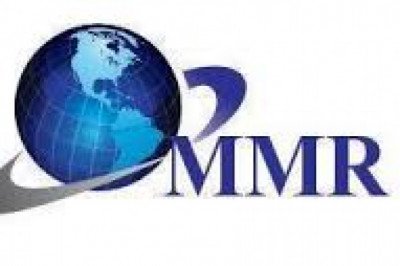


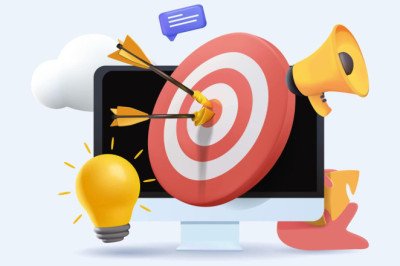


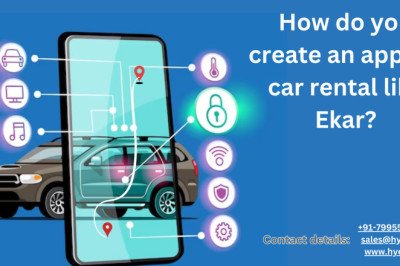
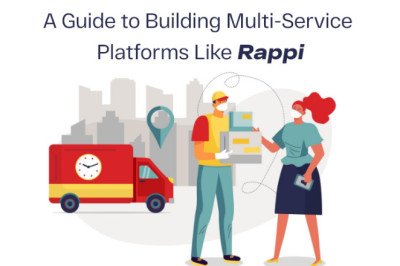


Comments
0 comment